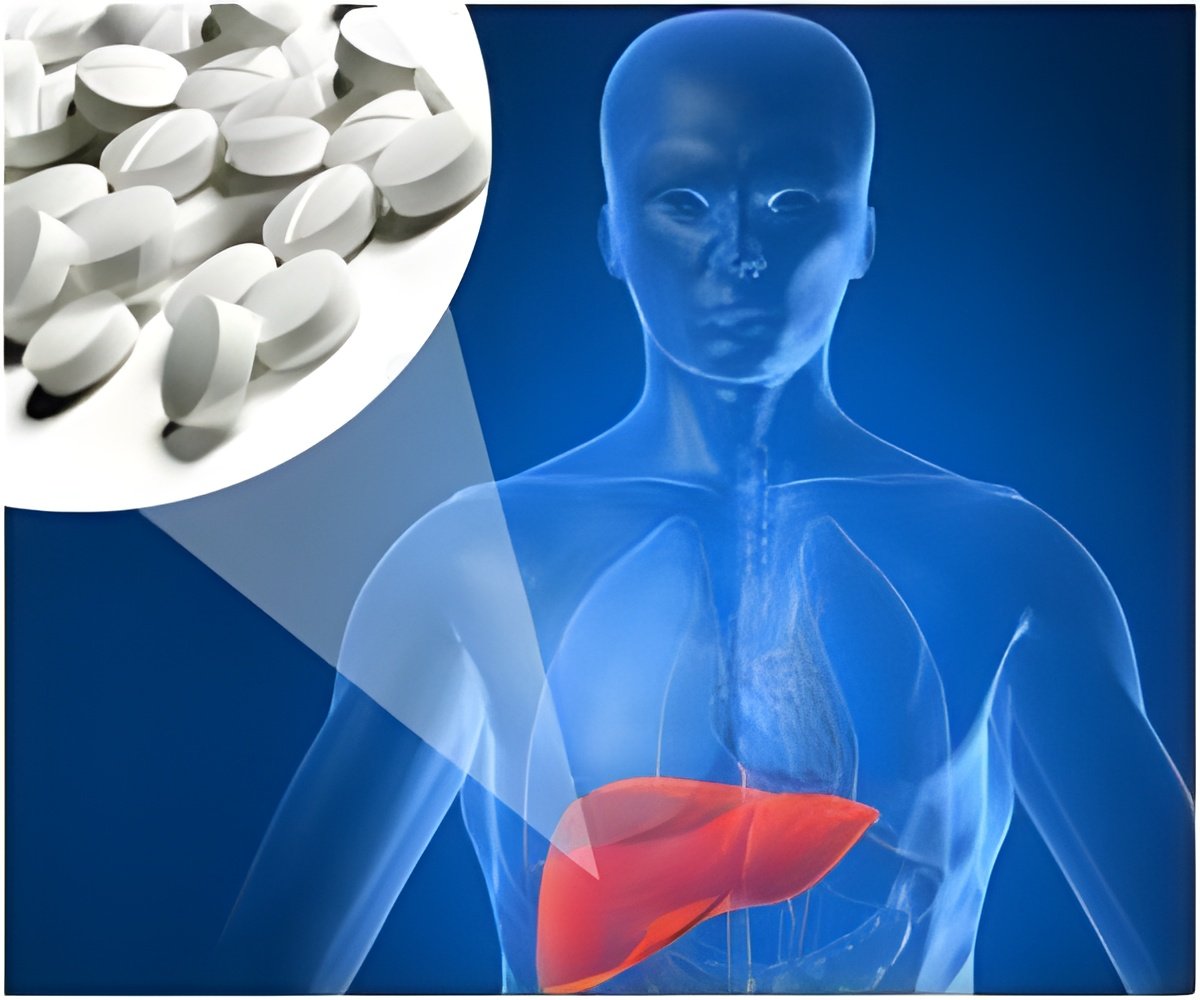A high mortality rate has been noted in the UK paracetamol toxicity which is the most common cause of ALF.

320 patients (admitted 2000-2007) formed a training dataset and 180 (2008-2012) were studied for testing over a three-day period after admission to a specialist intensive care unit.
Age, encephalopathy and cardiovascular failure severity on admission, as well as the dynamic variables of arterial pH, lactate and creatinine over the first three days were found to be the best predictors. Prediction of non-transplanted 15-day survival in the training and test groups was 0.95 (95% CI 0.93-0.98) and 0.91 (0.82-1) respectively: significantly higher than the standard Kings College Criteria (0.78 (0.72-0.83), with quantified survival predictions being provided for individual patients.1
Prof. Markus Peck-Radosavljevic, Secretary-General of the European Association for the Study of the Liver and Associate Professor of Medicine, University of Vienna, Austria commented: "Acute liver failure is a devastating condition that triggers a cascade of events that can lead to multiple organ failure and often death."
"This high-performance survival model for paracetamol-induced acute liver failure will enable each individual patient to be assessed quickly and a personalised mortality risk provided. Consequently, this will allow the healthcare professional to make a very informed decision regarding a liver transplant, potentially resulting in improved patient outcomes," he added.
Paracetamol is classified as a mild analgesic and is commonly used for the relief of headaches and other minor aches and pains as well as being a major ingredient in numerous cold and flu remedies. It is widely prescribed and inexpensive to purchase over-the-counter (OTC), making it a common drug taken in overdose. It is particularly toxic when taken in combination with alcohol.
 MEDINDIA
MEDINDIA

 Email
Email










